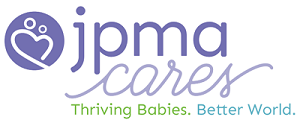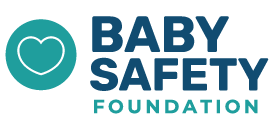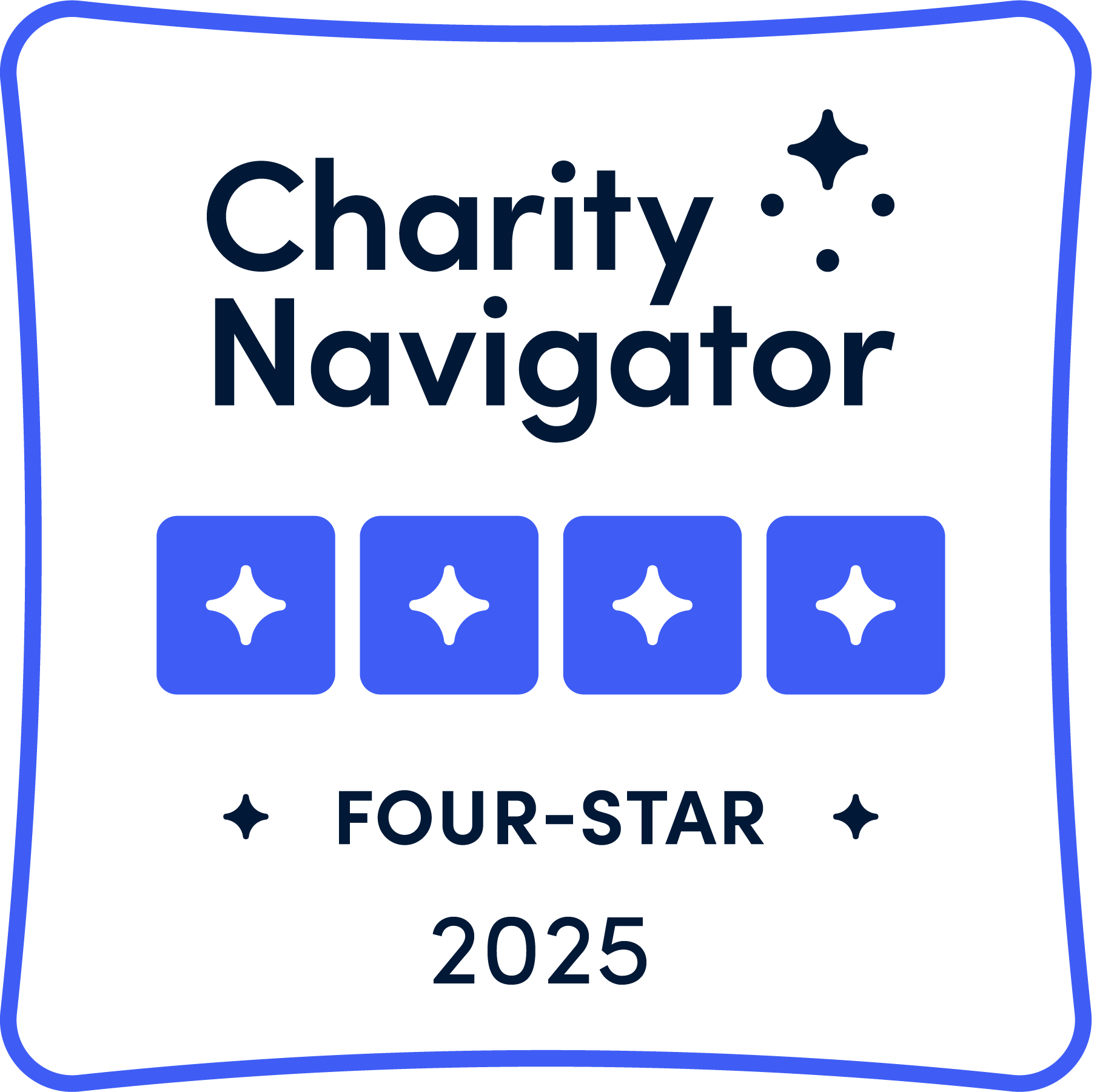37 Children Die in Hot Car Tragedies Each Year; Learn Prevention Tips Today
MOUNT LAUREL, N.J., May 1, 2024 /PRNewswire/ -- Today marks National Heatstroke Prevention Day, and in recognition, JPMA Cares and Safe Kids Worldwide (SKW) are reminding parents, caregivers, and neighbors about the dangers of heatstroke and sharing strategies to prevent child injuries and deaths in hot vehicles.
Since 1998, an alarming 969 children have been killed in hot car tragedies—an average of 37 children each year. Thousands more have survived with varying types and severities of injury. These tragedies have occurred regardless of parent or caregiver education, profession, income, and other demographics, and all could have been prevented.
Heatstroke occurs when the body is unable to cool itself quickly enough. Young children are particularly at risk, since a child's body heats up three to five times faster than an adult's. When a child's internal temperature reaches 104 degrees Fahrenheit, major organs begin to shut down, and when their temperature reaches 107 degrees, the child can die.
Hot car deaths have occurred when the outside temperature was below 60 degrees, because vehicle interiors become much hotter than outside temperatures. Research shows the temperature inside a car can heat up 19 degrees in just 10 minutes. Cracking the windows does not slow the heating process or significantly decrease the maximum temperature of a vehicle.
"Half of hot car deaths occur when children are inadvertently left in vehicles by caregivers, and these cases typically follow a change in routine," said JPMA Director of Child Passenger Safety Joe Colella. "With easy behavioral changes, parents, caregivers, and neighbors can prevent these horrible tragedies."
A common scenario is that a parent may intend to drop a child off at daycare. Once on their way, the parent begins thinking about driving or the many things on their to-do list. If routines have changed, the parent is tired or stressed, or there are other distractions, the parent may head directly to work or home. Without a visual cue, they unknowingly leave the child in the vehicle.
"Safe Kids Worldwide, JPMA Cares, and other injury prevention groups are committed to ending these preventable tragedies to babies and young children," said SKW President Torine Creppy. "Whether you are a parent, a caregiver, or a concerned bystander, we're calling on everyone to be part of the solution and help save lives."
Beyond the children inadvertently left in vehicles, a quarter of hot car deaths occur when a small child enters a vehicle on their own, the door closes, and the child becomes trapped in the vehicle. Parents, caregivers, neighbors, and bystanders can prevent hot car deaths with the following steps:
- Never leave a young child alone in a car, not even for a minute.
- Look before you lock—develop a habit to check the rear seat each time you park the car.
- Lock your vehicle's doors, and keep your keys and key fobs out of children's reach. Ask your neighbors to do the same.
- Create reminders. Put something in the back of your car that you'll need at your final destination such as a phone, briefcase, or purse.
- Arrange for your childcare provider to contact you right away if your child hasn't arrived as scheduled.
- If you see a child alone in a car, call 911. Emergency personnel wants you to call. They are trained to respond to these situations, and one call could save a life.
For more heatstroke prevention information and useful tips, visit safekids.org/heatstroke or jpmacares.org/car-seat-safety-tips.
About JPMA Cares
JPMA Cares is the philanthropic arm of the Juvenile Products Manufacturers Association (JPMA) and the broader baby and children's products industry. As a 501(c)(3) charitable organization, JPMA Cares aims to create better outcomes for infants and toddlers by reducing preventable injuries and deaths and providing families in need with donations of time, talent, and product. Learn more and get involved at jpmacares.org.
About Safe Kids Worldwide
Safe Kids Worldwide is a nonprofit organization working to reduce unintentional injuries to children ages 0-14 and build equitable and sustained systems that support injury prevention. For more information, visit safekids.org.


















